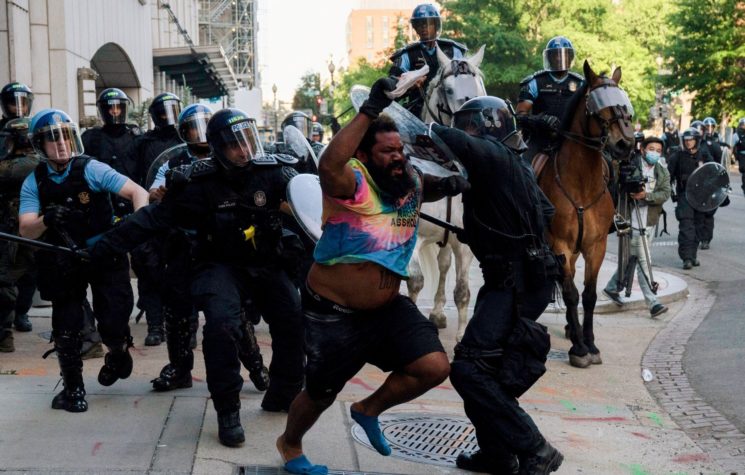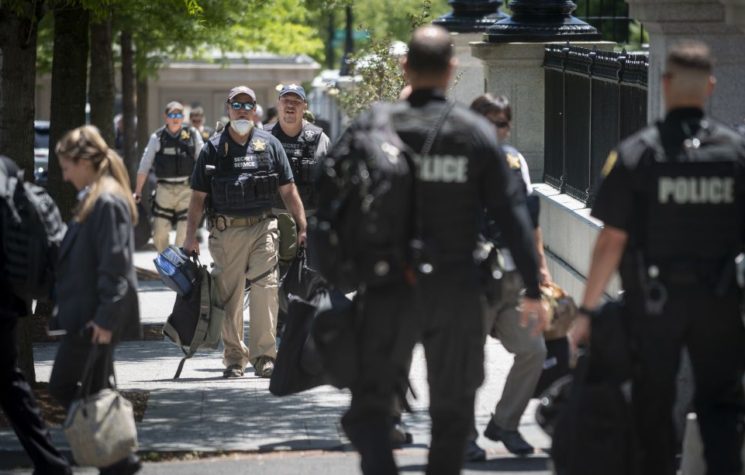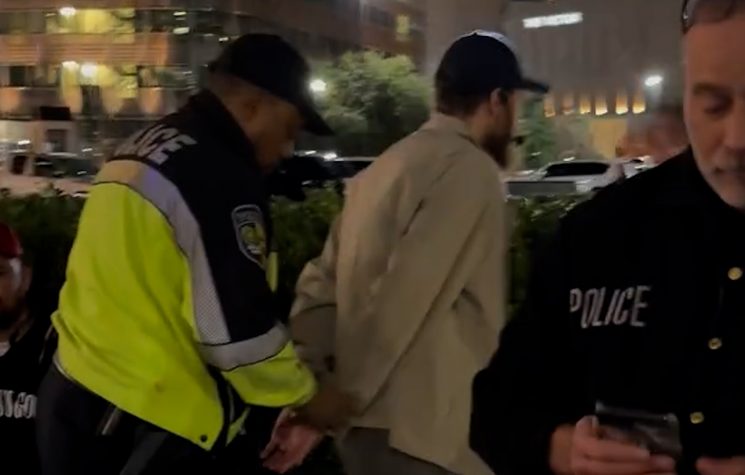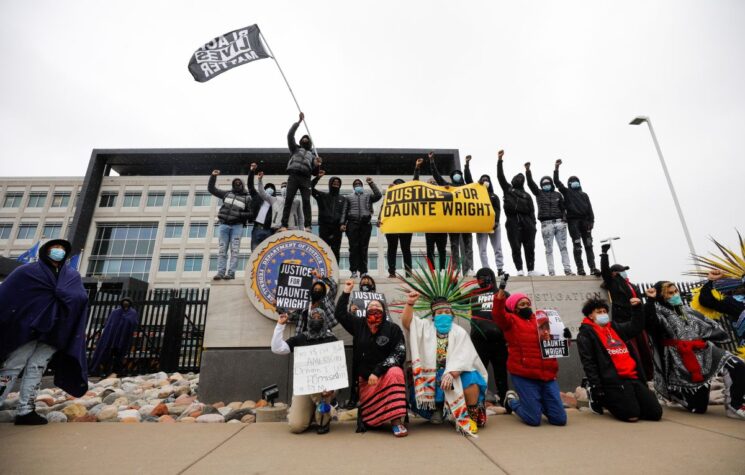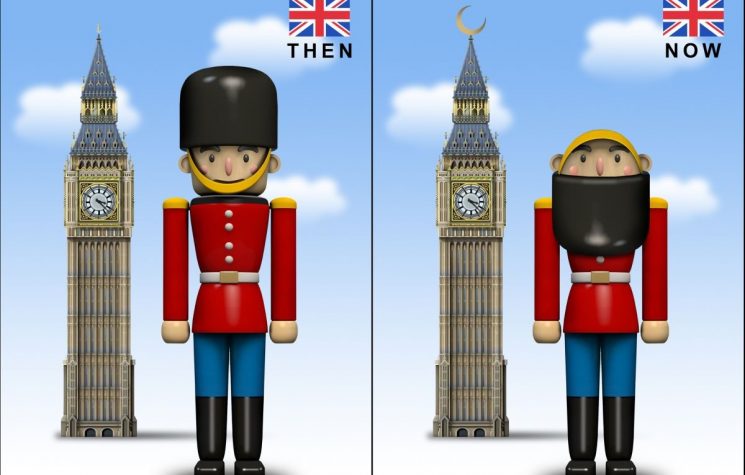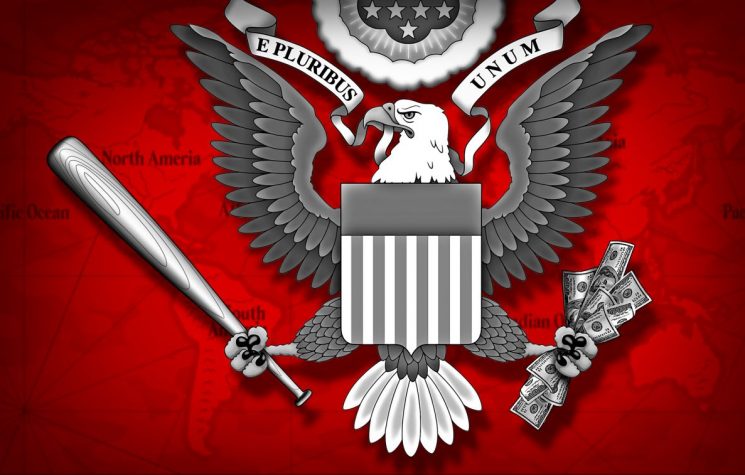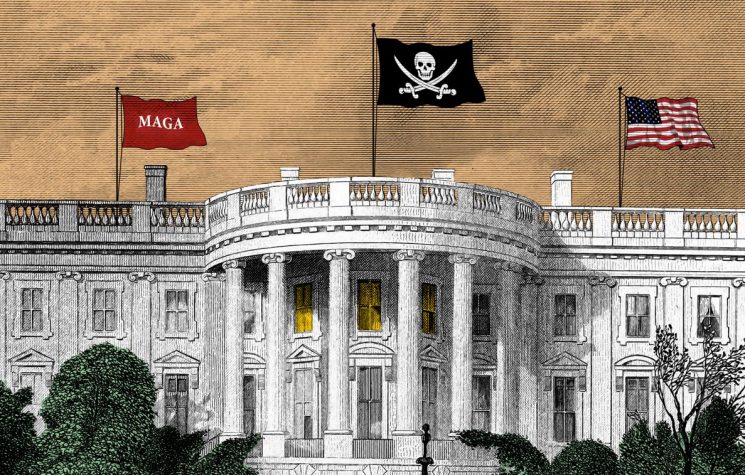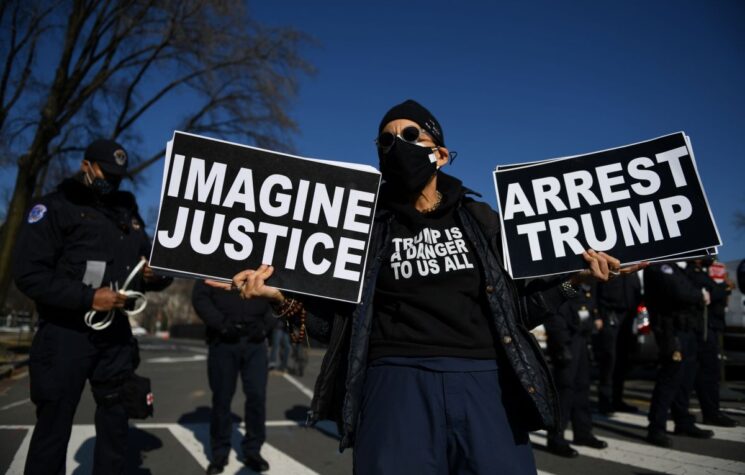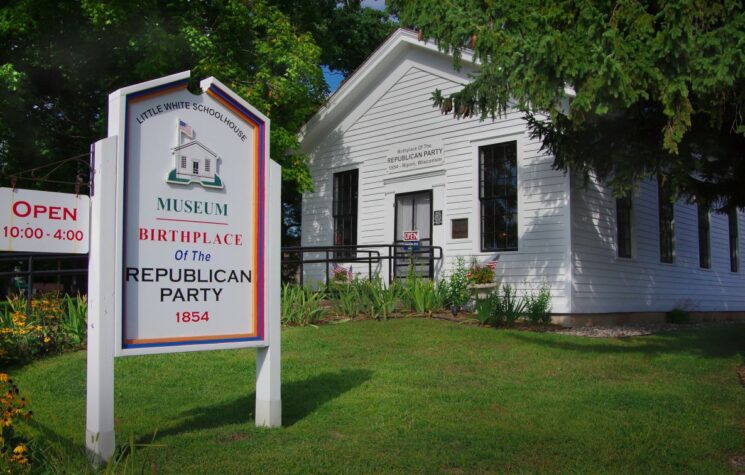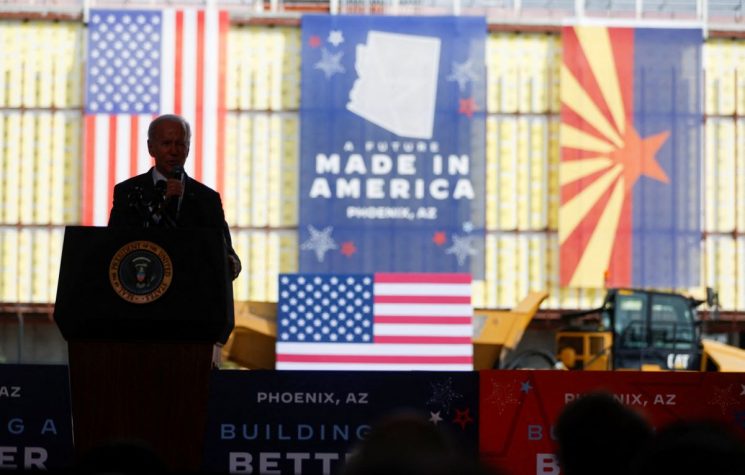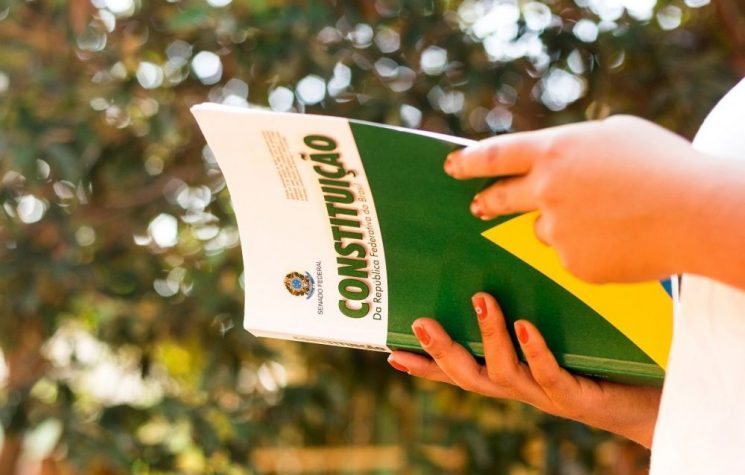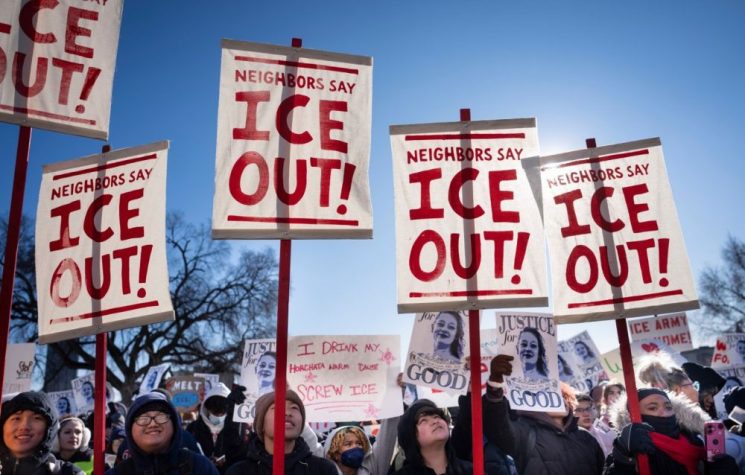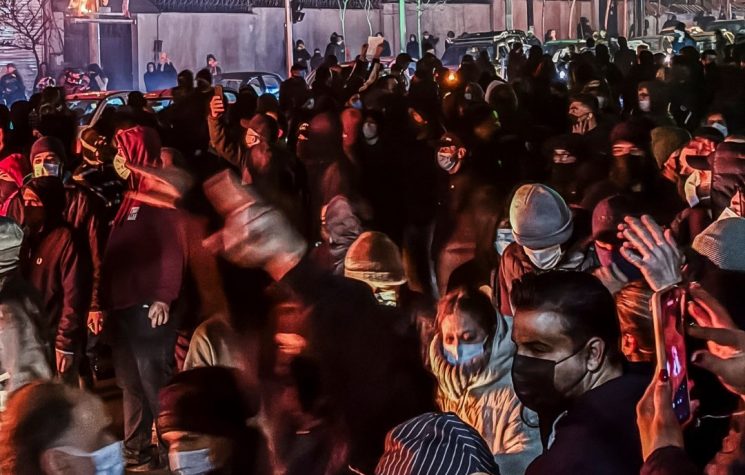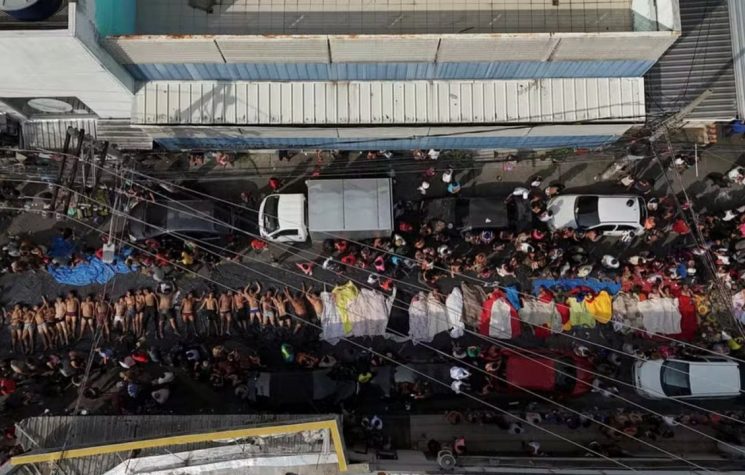With America in turmoil following the murder of George Floyd, the talk is all about police reform – defunding them, abolishing them, or subjecting them to greater federal oversight. It brings to mind the nineteenth-century British member of parliament who supposedly cried out in despair, “Reform! Reform! My God, aren’t things bad enough as they are?”
But not to worry: short of revolution, nothing will happen. Once the shouting dies down and protesters go home, reform will be forgotten and the status quo will return in full force. Cops will tread more carefully, but only for a while. Eventually, they’ll return to the old ways as well.
After all, Joe Biden, very possibly the next U.S. president, was merely facing facts when he assured a gathering of wealthy campaign contributors last June that “no one’s standard of living will change, nothing would fundamentally change,” if he’s elected. With a 233-year-old Constitution that grows more change averse with every passing decade, America is now one of the most immovable societies on earth. No matter how dysfunctional it grows, the “frozen republic” has forgotten what basic structural reform even means.
The Justice in Policing Act, which Senator Kamala Harris recently introduced in Congress, is a case in point. It would be tempting to write the bill off as yet another meaningless gesture by a grandstanding politician famous for her love of the limelight. But it actually has a few points in its favor. It bans chokeholds, for instance, along with the kind of “carotid hold” that killed George Floyd in Minneapolis on May 25.
It also bans a device known as no-knock entry, which drug cops to bash their way through a front door without warning so that drug users inside don’t have time to flush the contraband down the toilet. But when police used the technique in Louisville, Kentucky, at 12:40 a.m. on Mar. 13, a black man named Kenneth Walker, grabbed his gun and fired off a round to scare the intruders off. Three plainclothes police officer responded by spraying his apartment with more than twenty bullets, eight of which struck Walker’s girlfriend, a 26-year-old emergency medical technician named Breonna Taylor.
A 911 call that Walker made shows clearly that he had no idea who was trying to smash their way in. “I don’t know what’s happening,” he told the operator in a panic. “Somebody kicked in the door and shot my girlfriend.”
“Where was she shot at?” the operator asked.
“I don’t know. She’s on the ground right now. I don’t know. I don’t know.”
“OK, you said she’s 26?” the police operator continued. “Is she alert and able to talk to you?”
“No, she’s not. Bree. God.”
Taylor was already dead. No drugs were found, Walker’s handgun turned out to be licensed, and all charges were dropped.
Abolishing no-knock laws will supposedly make such horrors a thing of the past. But Harris’ bill is a hollow fraud. As she well knows, its chance of making its way through the Capitol Hill meatgrinder in recognizable form are nil. Once it reaches America’s grossly imbalanced Senate, moreover, Republicans will have no trouble rounding up 41 members – representing as little as eleven percent of the population – to filibuster it to death.
Democrats have passed up repeated chances to do away with the filibuster, and last fall Harris said she was “conflicted” about abolishing it as well. So when it comes down to it, she doesn’t really care about whether such an undemocratic monstrosity kills her bill or not. All she cares about is whether it makes her look good for the moment so that Joe Biden gives her the vice-presidential nod.
Harris sidesteps another issue that is no less important. The total budget for some 18,000 state and local police departments in the United States comes to around $100 billion a year. Eighty-six percent of the burden falls to thousands of local municipal governments, with the fifty states picking up the rest of the tab. The only exception is a tiny sliver of aid, around 0.25 percent of the total outlay, provided by the federal government.
This is why federal leverage over local police departments is nil. Since it doesn’t pay the piper, it doesn’t call the tune, leaving local departments to carry on as they wish. Indeed, the only people they’re answerable to are local politicians who are often as backward and racist as they are. This is why Harris’s bill only bans choke and carotid holds outright at the federal level where only 1.5 percent of America’s 11-million-plus annual arrests occur, while otherwise calling on federal authorities to use financial pressure to make local authorities do the same. But since federal aid is minuscule, any pressure the feds are able to exert will be minuscule as well, which is why things will almost certainly carry on the same.
Of course, Washington could follow the lead of virtually every other advanced industrial society and simply nationalize the police outright. But since the division of responsibility goes back to the Constitution itself, it’s unthinkable – again, barring a revolution, that is. Kamala Harris would no doubt erupt in one of her trademark cackles if anyone suggested so much as giving it a try. So the relationship will continue unaltered. Where Australian police have killed a grand total of 94 people over the course of two decades and Icelandic police have killed exactly one since 1944, American police departments will likely continue killing them at a rate of a thousand or so per year without even bothering to inform the federal government. This is what happens when fundamental reform is impossible: poor people and minorities wind up paying a growing price.








